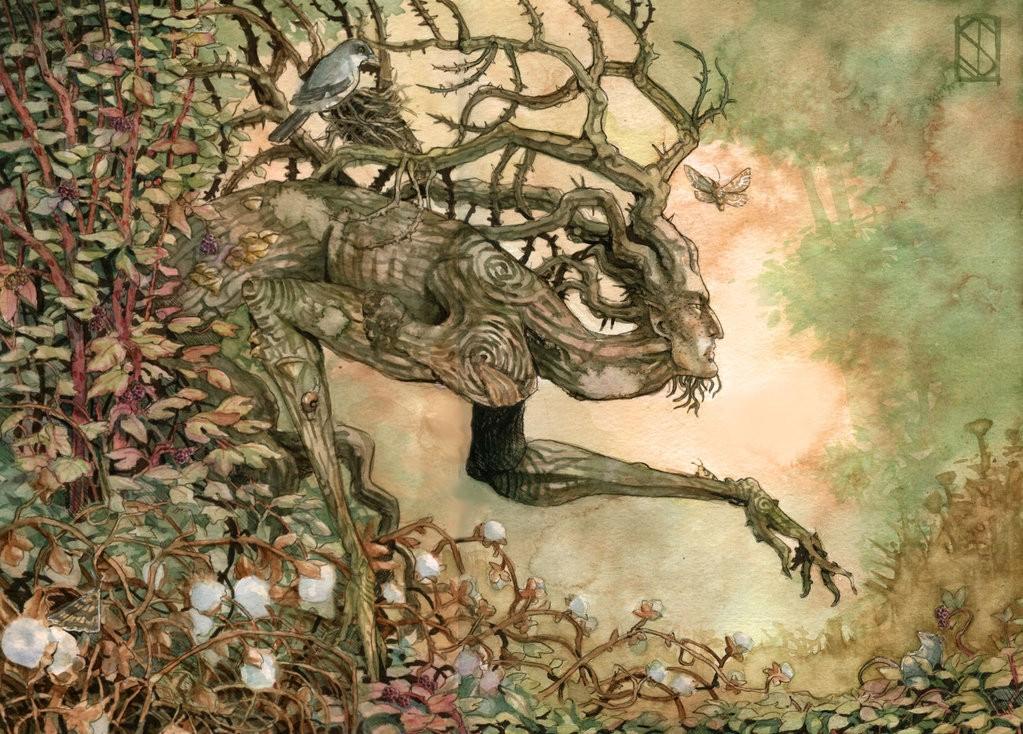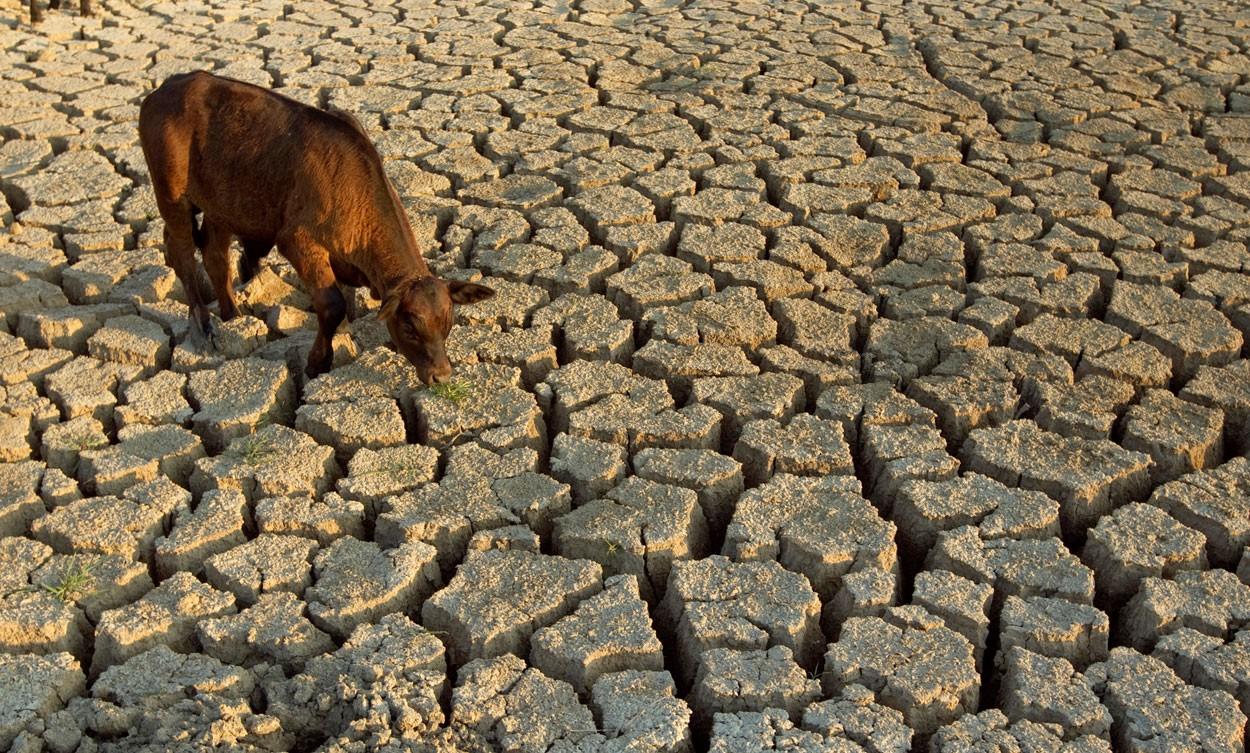
Summer is coming.
In Texas, this warning — not unlike the familiar Game of Thrones motto — makes residents vigilant. And the admonition becomes dire as summers get hotter and drier, fueling wildfires, flash floods and worse. 2017 was Texas’ second-warmest year on record, according to the National Oceanic and Atmospheric Administration, and those temperatures intensified extreme events such as Hurricane Harvey and its record-smashing 64 inches of rain. On March 20, 2018, the U.S. Drought Monitor reported more than 61 percent of Texas was experiencing moderate drought conditions, with nearly the entire Panhandle at extreme drought levels.
Summer is here. How will Texas communities and ecosystems fare?
Science fiction has an answer: not so well. Paolo Bacigalupi’s The Water Knife(2015) imagines a dystopian near-future in which Texan refugees spill out of a state that has collapsed from drought, and robber barons control scant water resources by murderous means. Bacigalupi’s real-life inspiration? A trip through Central Texas during the devastating drought of 2011.

This isn’t the story our state wants to inspire.
Expanding this more broadly — from the coming summer to the coming decades — the issue of how Texas will fare in the future has inspired Planet Texas 2050, the first grand challenge at The University of Texas at Austin. Grand challenges work to address social, environmental, and humanitarian crises. Teams of researchers and artists from 14 colleges, schools and other units at UT are developing modeling tools and strategies of community engagement to help make Texas resilient in the face of climate change and rapid population growth. A key part of this endeavor is understanding the impacts of climate and population shifts on water and energy resources, urban infrastructure, social systems and human health in Texas, now and to the year 2050.
The dominant languages of climate change have been scientific, technological and economic. But these languages alone cannot speak to the socially contingent beliefs and values that are at the root of human activities altering our planet. We need the knowledge the humanities and arts produce to prevent narratives such as Bacigalupi’s from becoming our reality. We must build common languages between architecture and archaeology, poetry and paleoclimatology, government and genetics.
As a researcher in the field of the environmental humanities, I work at the overlap of such varied languages. Environmental humanists dwell at the intersection of drought tables and literary metaphors, where statistics on extinction meet artistic visualizations. I’ve come to think of this as a space where value and values meet. In order for the quantitative values of flooding or air pollution to attain experiential value, they must be translated into the meaning-making systems provided by the arts, religion and categories of belonging such as ethnicity, race, gender and occupation.
The clearest argument for bringing historical, cultural, and social frameworks to bear on climate threats is that not doing so has failed us thus far.
For this reason, Planet Texas 2050 incorporates creative and humanistic approaches that help us re-conceive climate impacts, including environmental justice. For example, what does “justice” mean to varied groups: to Latina/os in the Rio Grande Valley, to black residents of East Austin, to ranchers in West Texas, to young Dallas urbanites? What if we thought of ecological resilience as promoting well-being for multiple species and not only humans? How have existing environmental infrastructures and policies in Texas exacerbated disparities between communities? How can we eliminate these disparities moving forward?
These are questions that call on the interpretive skills of historians and anthropologists, of storytellers and ethnic studies scholars — as well as engineers and geoscientists.
It’s at the rich edge where stories and statistics meet that we also meet Texans where they are. It’s where we can design strategies for resilience that our neighbors — the most important stakeholders in the Planet Texas 2050 program — believe in. Only through these forms of collaboration — between value and values, between scientists and humanists, between academics and community members — can we help ensure the coming summer is one we welcome rather than dread.

